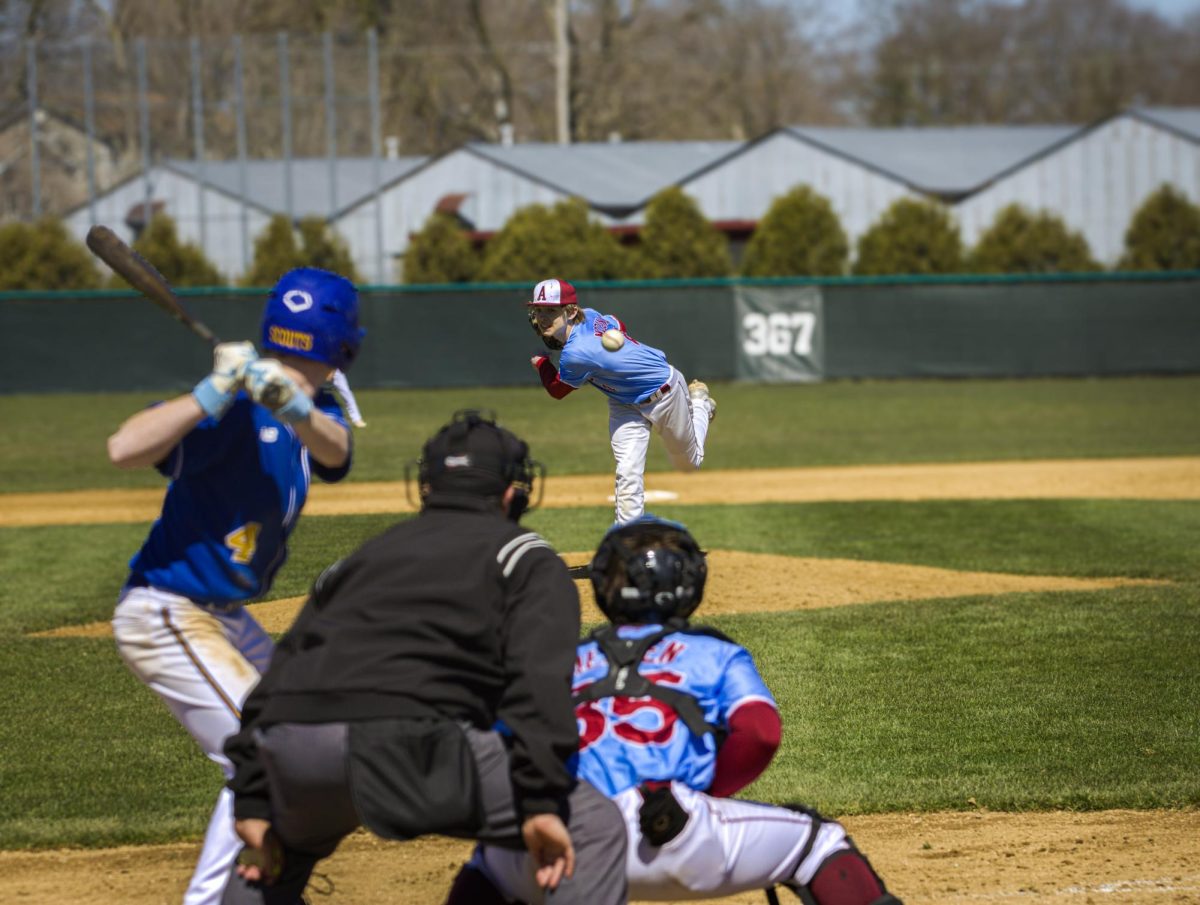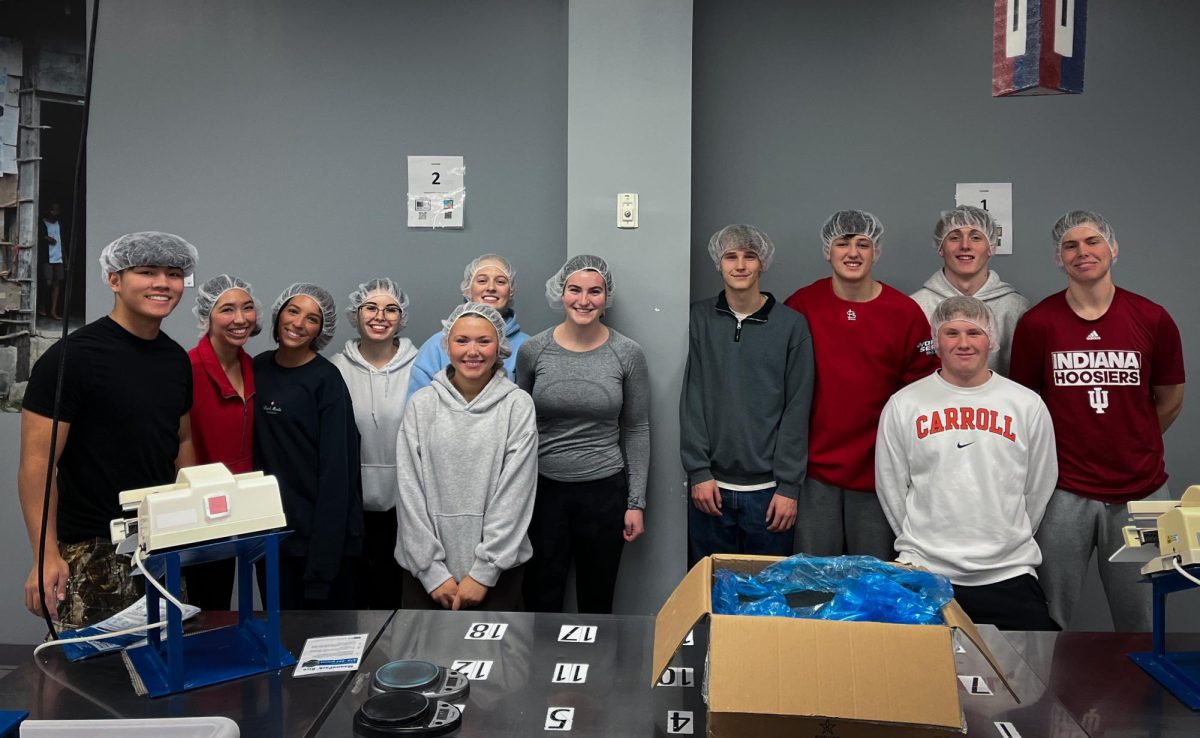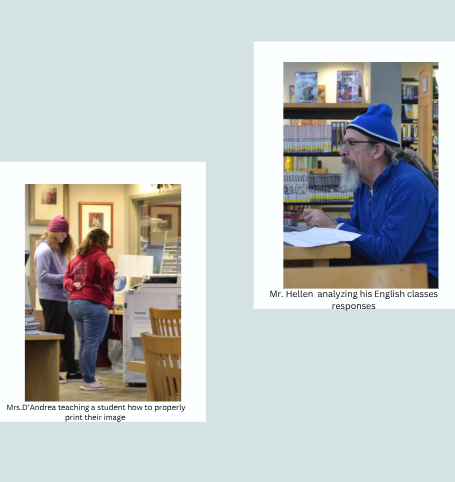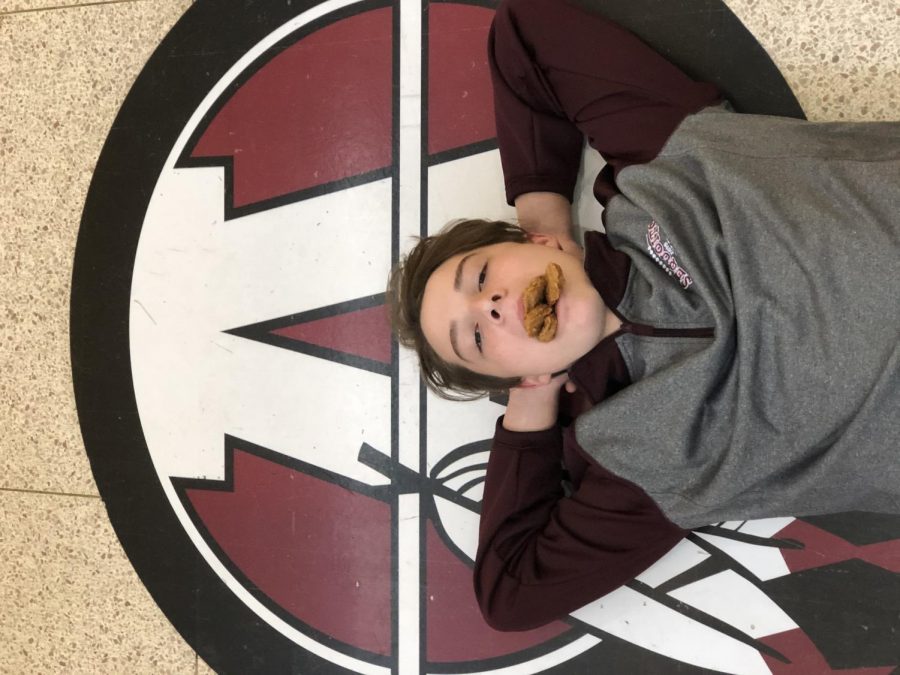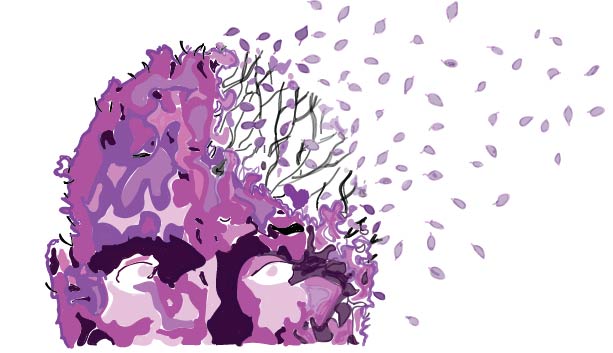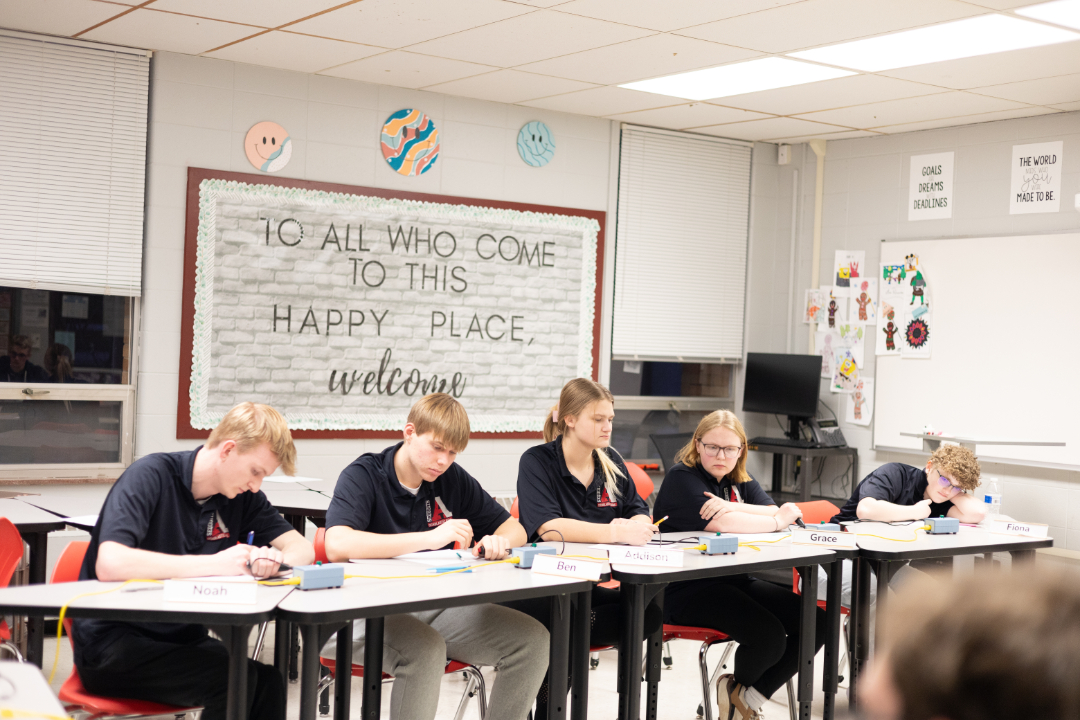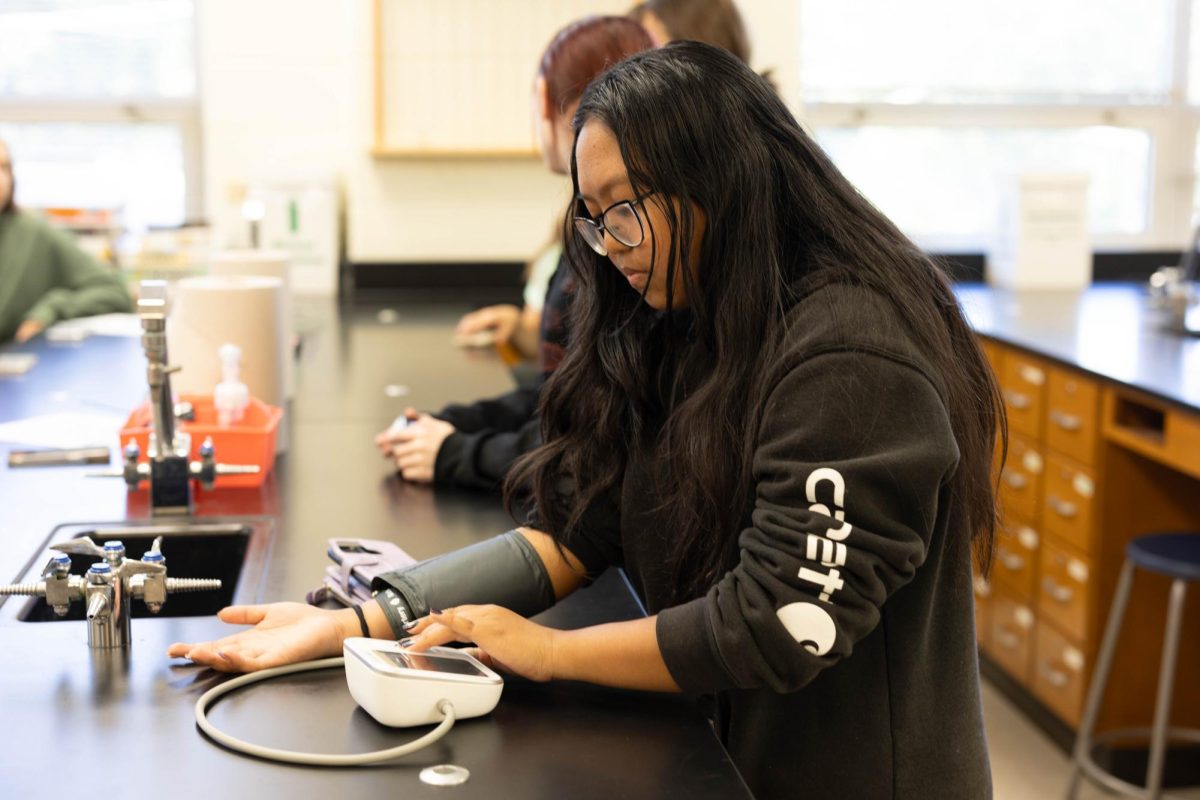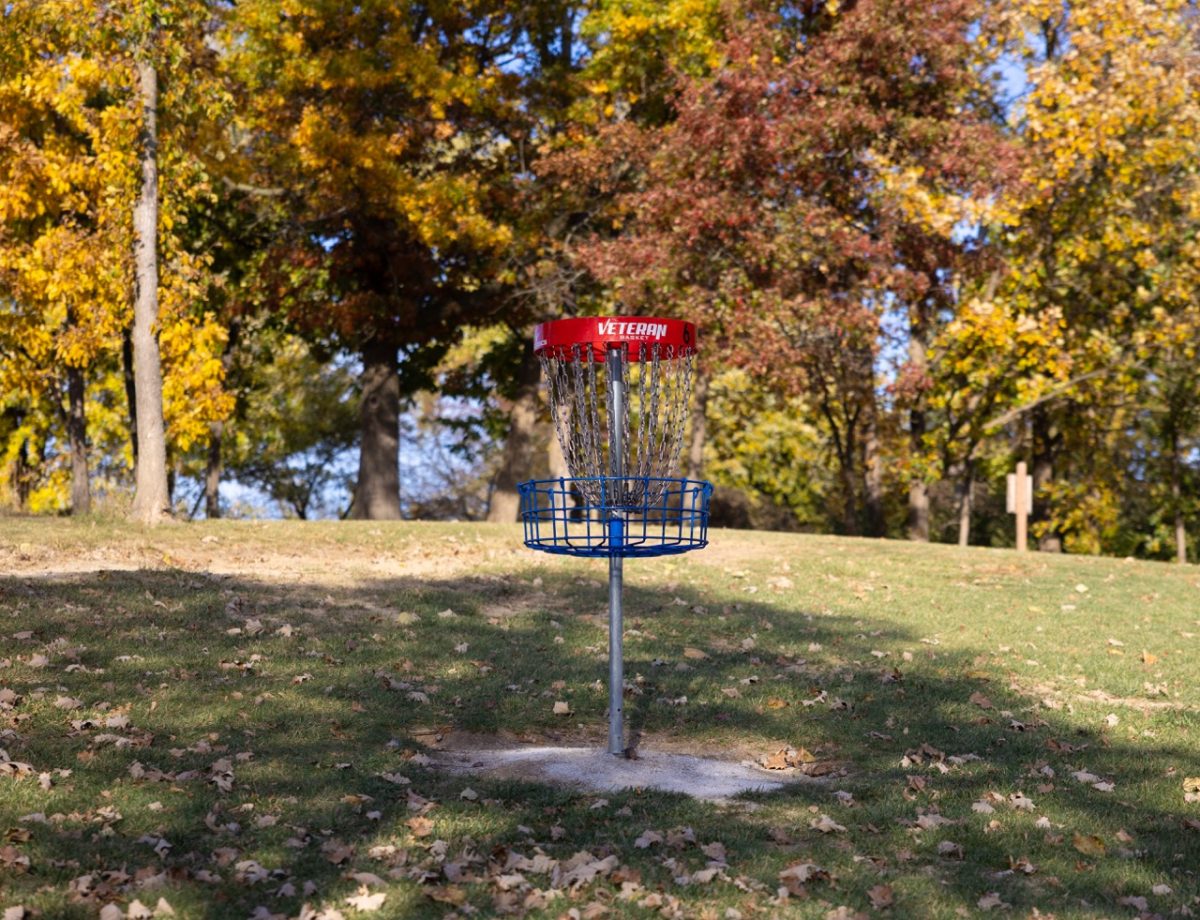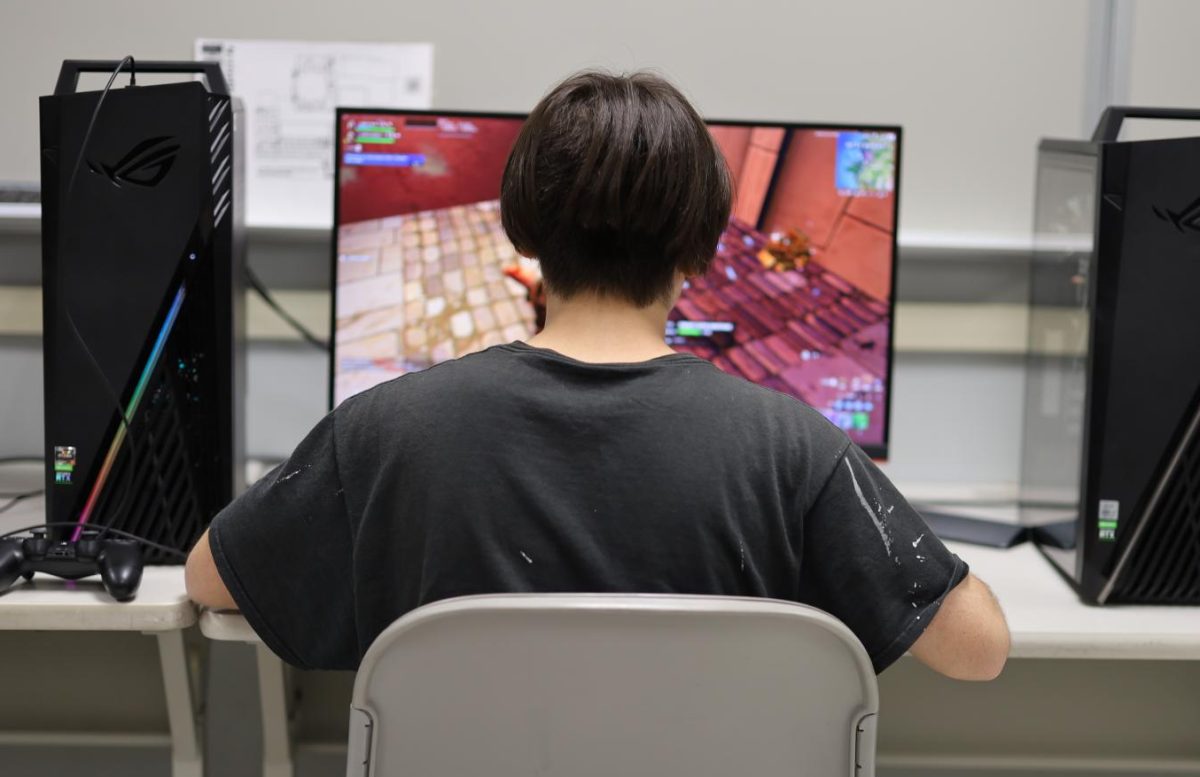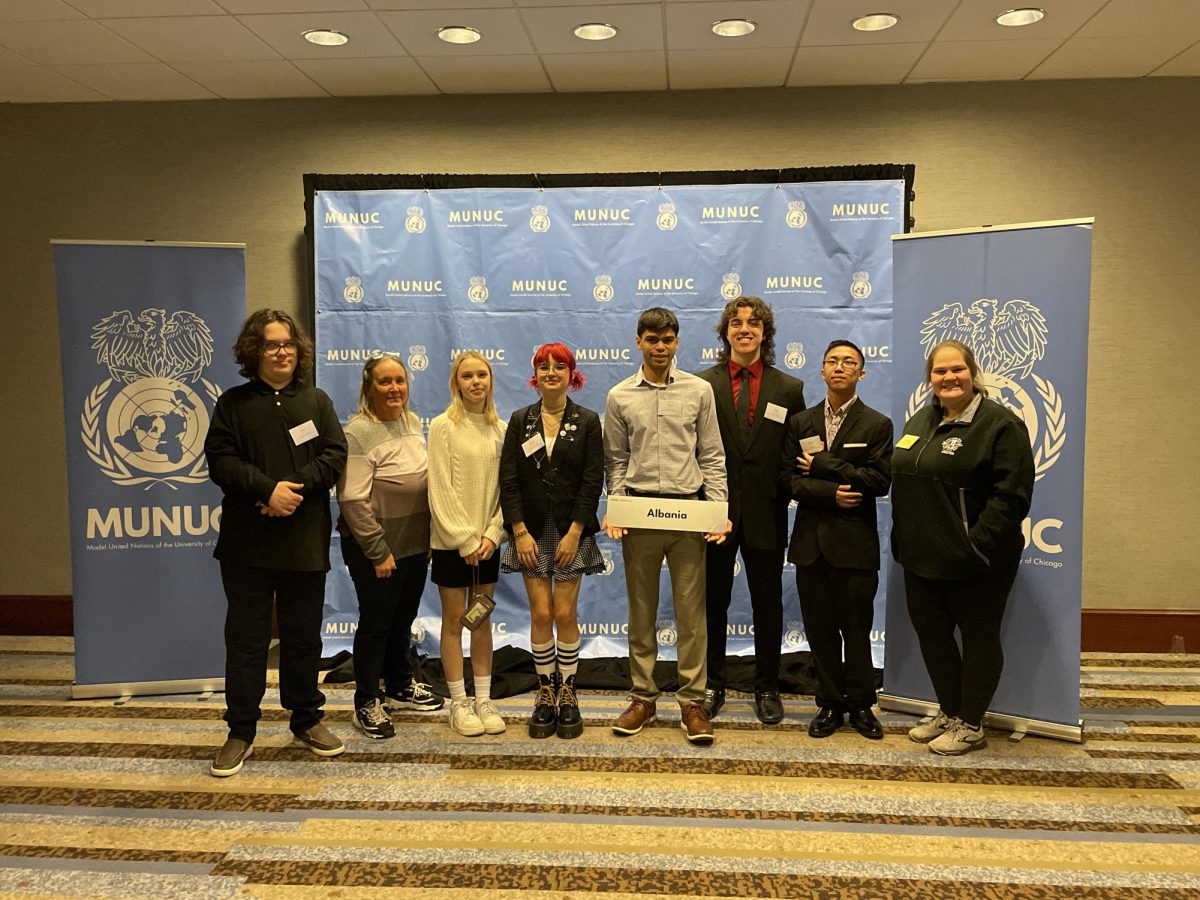
Feeling different and alone is an experience that, ultimately, everyone will go through at some point in their life. Those who tend to endure and feel it the most are teenagers. Facets such as race can heavily impact how included and accepted a teenager feels, particularly in areas that have a predominantly white population. Antioch Community High School has a white student population of 73.4%, which leaves little room for the celebration of other ethnicities and races throughout the school. One way ACHS has combated this is by having diverse clubs such as the APAC.
APAC is a club primarily centered around culture and community. With an Asian population of 2.7% at ACHS, members of APAC feel strongly about getting students with similar backgrounds engaged with each other, along with educating students without any Asian background. The co-presidents, junior Genise Sarita and senior Brian Vo, understand the importance of cultural knowledge and want to contribute to Asian understanding at ACHS.
Before Sarita heard of APAC, she realized that there were no resources for matters relating to Asian culture. When she stumbled upon APAC she realized someone had created a space for her specific culture. Though Sarita was not a part of the creation of APAC, she quickly joined in hopes of meeting new people who she could connect with.
“It’s not every day that you’re given the opportunity to connect with other Asian students, especially with grade differences and stuff like that,” Sarita said.
Stepping into the roles of co-president, both Sarita and Vo wanted to continue to provide a safe space for Asian-American students so that they can feel seen within the walls of ACHS. Along with providing a club for friendship, Sarita also prioritizes providing a club for educating. She reaches out to students who have a multitude of different backgrounds as to create an educational and enjoyable way for others to learn more about her culture.
Though the majority of APAC is Asian and are there to experience a group of students they can relate to, some members are not. Senior Ethan Espinoza is a current club member who is not Asian or Pacific Islander, but he joined APAC to learn from and connect closer to people of different ethnicities.
“Not being a part of the Asian community has left me feeling a little guilty,” Espinoza said. “But Brian and Genise make everyone feel so welcomed into the culture to the point where I don’t notice how I am different, but how we are connected through [Asian culture].”
During APAC meetings, club members participate in different ventures created by Vo and Sarita; these activities can either pertain to a specific Asian custom or loosely relate to Asian culture. APAC, in the past, has done karaoke, boba making and celebrating Chinese New Year. These types of crafts and celebrations allow members to experience bits and pieces of Asian culture with appreciation.
APAC members hope strong leaders continue to run the club once Sarita and Vo graduate, since the message APAC stands for is important in a school such as ACHS. It is crucial to give underrepresented voices outlets to be heard and feel comfortable, and APAC has been just that for many students. APAC members will try to carry on the legacy along with continuing to grow and expand the influence the club has.





